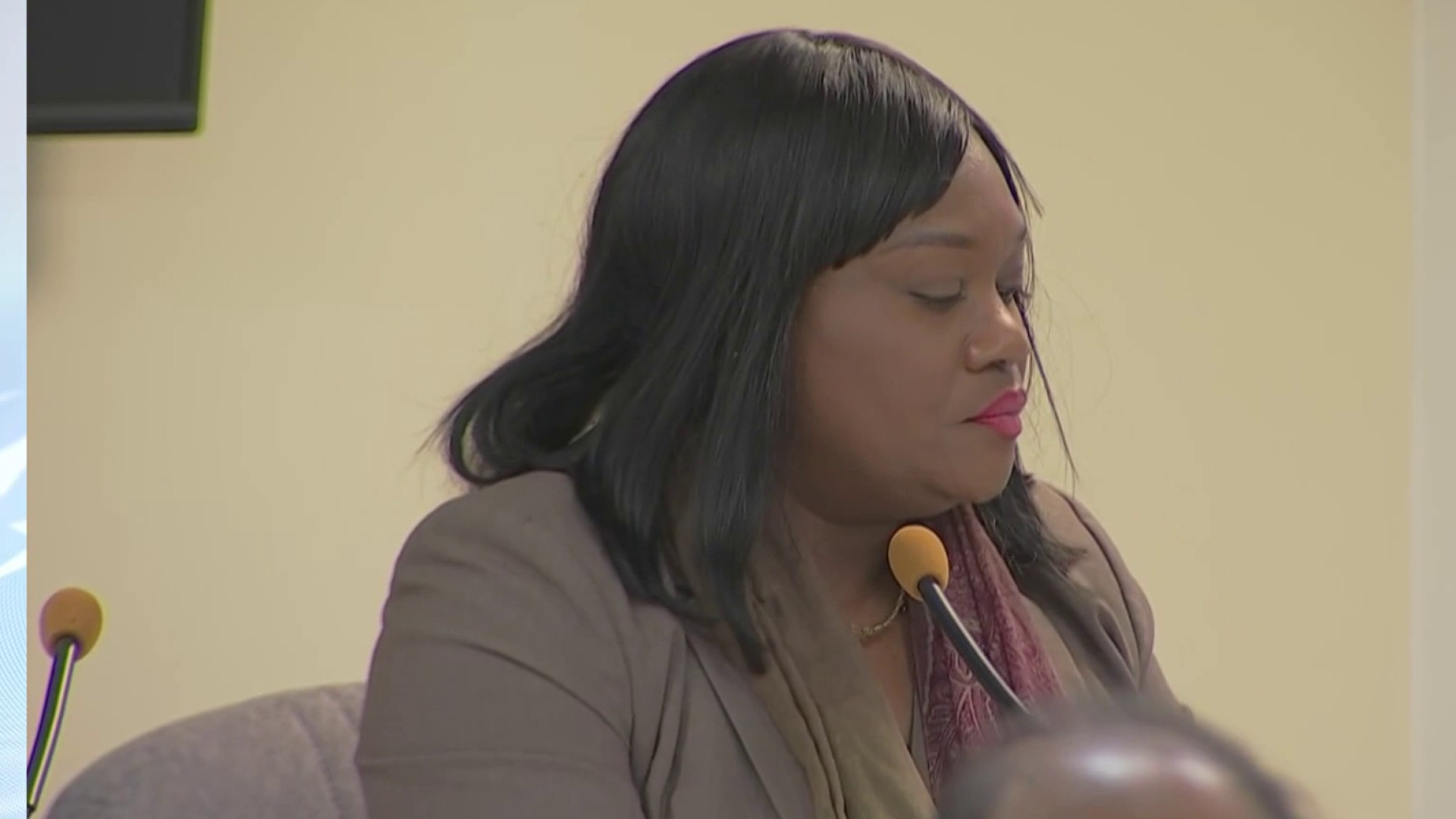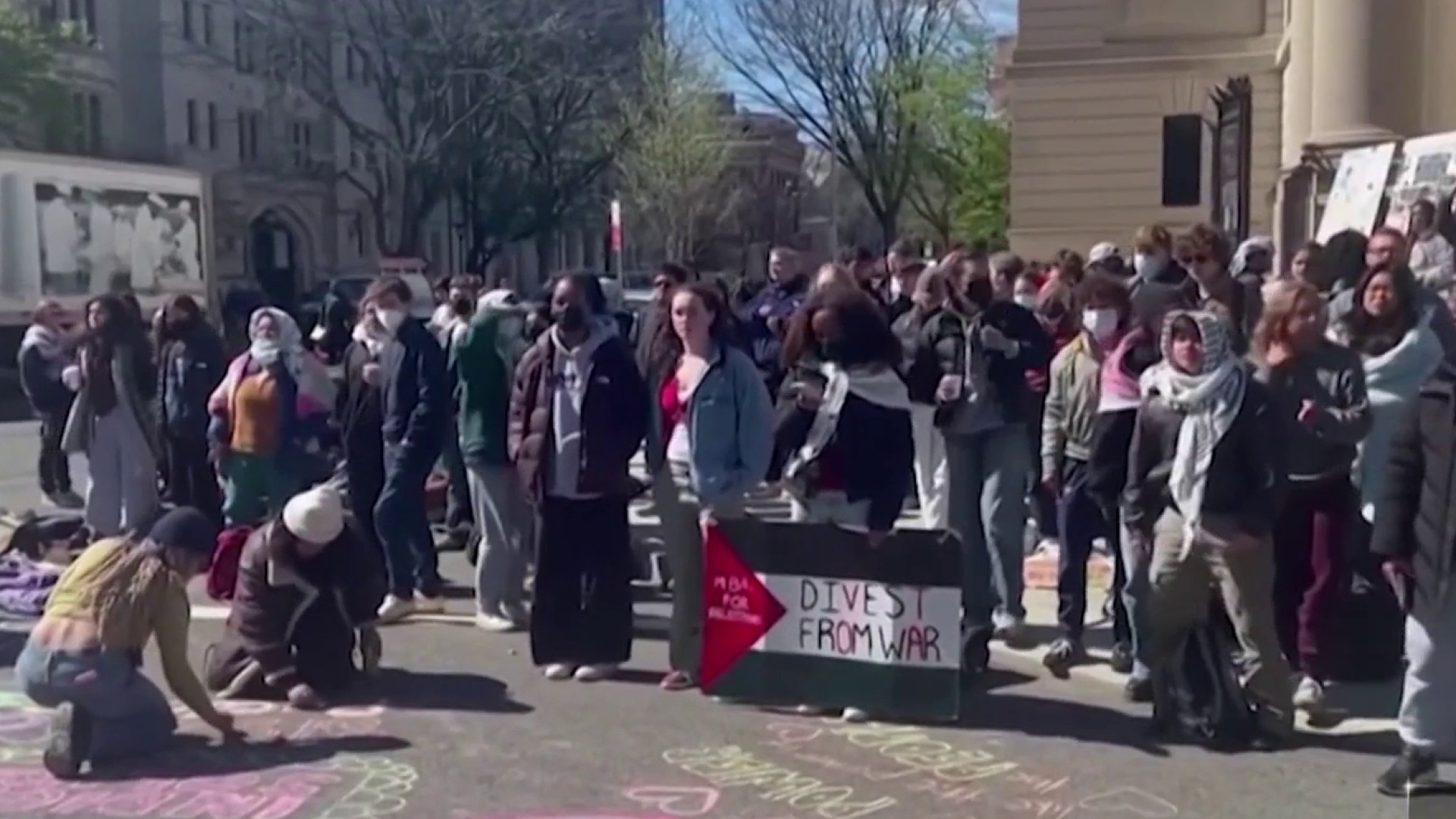Textiles cover nearly every surface of Maxie’s Daughter fabric shop. Thick embroidered wools spill from rolls are propped up in corners, while spools of floral prints sit tucked away on bookshelves inside the store at the corner of 4th and Monroe.
“I have such a wide, wide variety that you can’t find anywhere in this country,” says owner Eric Trobman.
Maxie’s has spent 21 of its nearly 100 years smack in the middle of Philadelphia’s Fabric Row – a four-block stretch of South 4th Street from Bainbridge to Christian Streets in Queen Village. The row became the city’s textile-hub, earning its namesake a century ago thanks to the dozens of textiles-related businesses that set up shop on the street.
“This is unknown anywhere in the country,” the stout 58-year-old says. “If you walk down the street, everything is so accessible.”
Trobman admits, however, Fabric Row isn’t the fabric-center it once was. Many longtime, family-owned fabric stores have disappeared as textile production has shifted overseas, leaving the street in a state of transition. A patchwork of boutiques, salons and cycle shops are now filling in the gaps.
“It’s still retaining a very bohemian, small, independently-owned business community,” says Mike Harris, Executive Director of the South Street Headhouse Business District.
Harris, his staff and business owners have been working on a plan to improve the streetscape and promote its offerings. The goal is to get more visitors to wander off of South Street and check out the changing Fabric Row.
A devastating fire is sure to complicate the situation. Jack B. Fabrics, a decades-old mainstay at 4th and Fitzwater, is now in ruin after a three-alarm blaze started in the store’s basement last Saturday. The fire claimed the life of Philadelphia Firefighter Michael Goodwin, damaged three other shops and displaced 17 people living in apartments above the businesses.
Local
Breaking news and the stories that matter to your neighborhood.
Mary Harvey’s store Urban Princess was among the damaged businesses. The boutique that featured locally-made clothes, products and art was set to celebrate its first anniversary when the fire struck.
“Our next step is to make sure that everyone who lived upstairs has toothpaste,” she said as tears streamed down her face. “Fabric Row will definitely rebuild. Urban Princess will definitely figure it out.”
Harvey says the new shops along the row may not sell raw fabrics, but that the businesses are adding to the street’s history.
“Fabric is the core of this street and it always will be,” Harvey said. “I’m selling clothing. These artists are making stuff out of local textiles.”
Harvey says even hair can be considered fabric, allowing salons to connect with the street's roots.
Ruth Haines has lived nearby for 32 years and has been witness to Fabric Row’s metamorphosis.
“It’s going to lose flavor to a certain extent, but I think that there are enough of the older people that will fight to have the character of the street remain,” she says.
The 60-year-old hopes the row's changing business landscape won't affect the it's unique architecture. A hodgepodge of buildings of different sizes and styles sizes dot the street.
“Every building on this street is different because they were all built at different times," she said. "Will they tear them down and put up something modern?"
So could Fabric Row lose its moniker because of a lack of fabric stores? Haines doesn't think so. “Is the Italian Market just Italian?”
The Queen Village Neighborhood Association and local businesses are raising money for those affected by the fire. Learn more about the fund here.
Contact Vince Lattanzio at 610.668.5532, vince.lattanzio@nbcuni.com or follow @VinceLattanzio on Twitter.



